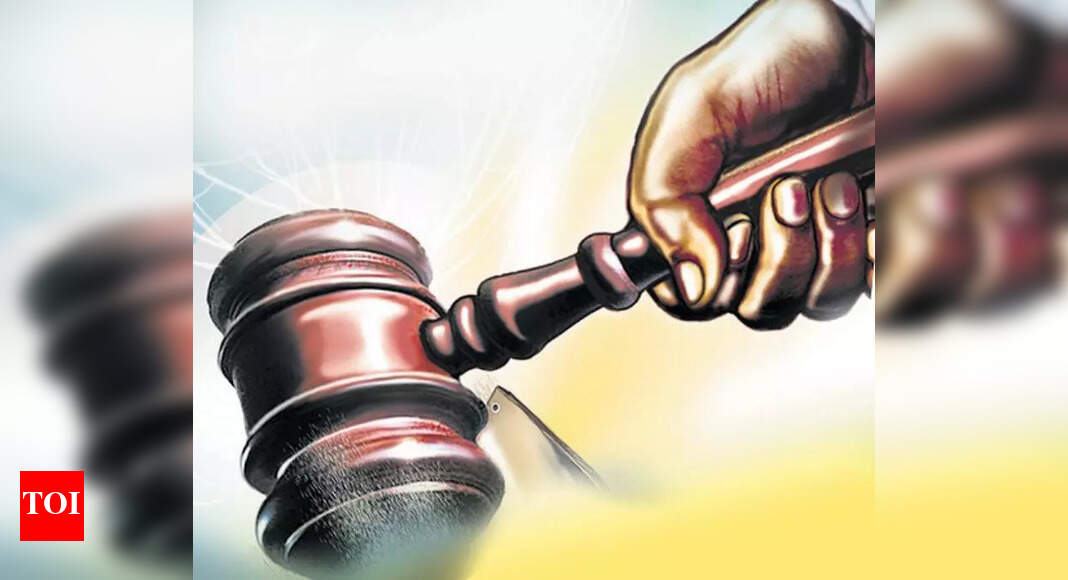Health
High Court Rules Married Daughters Eligible for Compassionate Appointments

A division bench of the Allahabad High Court has determined that married daughters are eligible for compassionate appointments, overturning a prior ruling that denied such claims based on marital status. The bench, consisting of Justice Manoj Kumar Gupta and Justice Ram Manohar Narayan Mishra, directed the district basic education officer in Deoria to reassess the claim of Chanda Devi within eight weeks, considering all relevant details.
Chanda Devi’s initial claim for a compassionate appointment following the death of her father, Sampurnanand Pandey, was rejected by the district basic education officer on December 27, 2016. The officer argued that her marriage disqualified her from receiving benefits under the government order dated September 4, 2000, as amended on July 2, 2004.
In a previous ruling, the single judge acknowledged that excluding married daughters from these benefits was inconsistent with the precedent set in the case of Smt. Vimla Srivastava Vs. State of UP in 2015. Despite this, the single judge ultimately dismissed the writ petition, citing a lack of evidence to prove that Chanda Devi was dependent on her deceased father due to her husband’s employment status. The judge also noted that nearly 11 years had passed since her father’s death, suggesting that her claim was too delayed to be considered.
During the special appeal, Chanda Devi’s legal representative contended that the district basic education officer had not initially rejected the claim on the grounds of her marital status. Therefore, they argued, the single judge’s focus on this issue was unwarranted. The division bench’s recent ruling underscores the importance of evaluating claims based on their merits rather than on marital status.
This decision marks a significant development in the interpretation of compassionate appointment policies, potentially impacting many in similar situations. The court’s clarification that marital status should not preclude eligibility for compassionate appointments reflects a broader understanding of familial support dynamics.
The Allahabad High Court’s ruling on August 12, 2025, reinforces the notion that the circumstances surrounding a claim should be scrutinized rather than dismissed outright due to personal status. As the case returns to the district basic education officer, it highlights the ongoing discussions regarding the rights of married daughters in employment matters across India.
-

 World4 months ago
World4 months agoSBI Announces QIP Floor Price at ₹811.05 Per Share
-

 Lifestyle4 months ago
Lifestyle4 months agoCept Unveils ₹3.1 Crore Urban Mobility Plan for Sustainable Growth
-

 Science3 months ago
Science3 months agoNew Blood Group Discovered in South Indian Woman at Rotary Centre
-

 World4 months ago
World4 months agoTorrential Rains Cause Flash Flooding in New York and New Jersey
-

 Sports3 months ago
Sports3 months agoBroad Advocates for Bowling Change Ahead of Final Test Against India
-

 Top Stories4 months ago
Top Stories4 months agoKonkani Cultural Organisation to Host Pearl Jubilee in Abu Dhabi
-

 Science4 months ago
Science4 months agoNothing Headphone 1 Review: A Bold Contender in Audio Design
-

 Top Stories4 months ago
Top Stories4 months agoAir India Crash Investigation Highlights Boeing Fuel Switch Concerns
-

 Sports3 months ago
Sports3 months agoCristian Totti Retires at 19: Pressure of Fame Takes Toll
-

 Business4 months ago
Business4 months agoIndian Stock Market Rebounds: Sensex and Nifty Rise After Four-Day Decline
-

 Politics4 months ago
Politics4 months agoAbandoned Doberman Finds New Home After Journey to Prague
-

 Top Stories4 months ago
Top Stories4 months agoPatna Bank Manager Abhishek Varun Found Dead in Well









